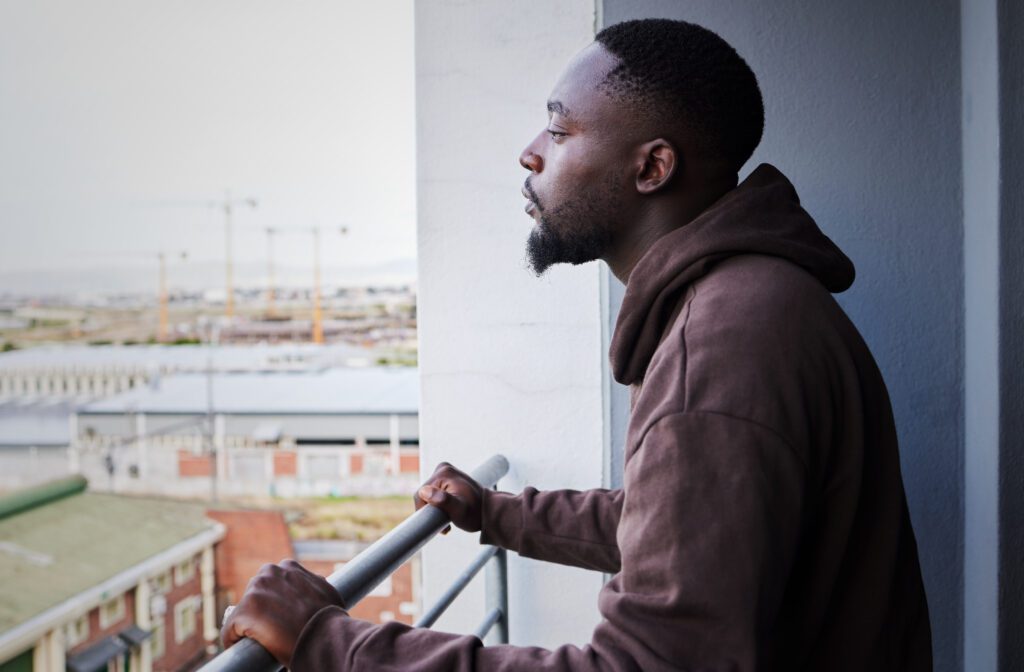What Happens When You Sleep?
Let’s be honest. When life gets hectic, sleep is often the first thing we sacrifice. We stay up answering messages, binge-watch a show to “wind down,” or fall asleep after a drink, hoping it will help us rest. But sleep isn’t just a break from the day. It is the foundation of a healthy mind and a productive life for many people working to improve their wellbeing.
What Happens When You Sleep?
Even though your body is still, your brain is incredibly active. While you sleep, your mind processes information, stores memories, regulates emotions, strengthens immunity, and supports your metabolism. Sleep affects every part of your health, especially your mental wellbeing.
If you want to explore more about emotional health and stress, you can read our quick guide on anxiety in high-stress situations.

Productivity Needs Sleep Too
If you feel foggy, easily distracted, or constantly exhausted, it may not be a motivation problem. It might be a sleep problem.
Quality sleep supports focus, creativity, stress tolerance, emotional balance, memory, and learning.
To explore how exhaustion and stress show up during the day, you can read our guide on recognising burnout.
What’s Getting in the Way?
Screen Time Before Bed
Screens emit blue light, which slows melatonin production and keeps your brain alert. Emotional or intense content can make this worse. Try swapping screen time for reading or journaling an hour before bed.
You can explore quick resets in our guide on mindfulness techniques to reduce stress in 5 minutes.
Alcohol
Alcohol may make you fall asleep quickly, but it disrupts the deep, restorative stages of sleep.
Caffeine and Food Choices
Caffeine blocks sleep signals. Foods like fatty fish, kiwi, malted milk, and tart cherries can support deeper sleep. Nutrition plays a major role in healthy routines and continues to be part of digital health discussions around wellbeing.
So… How Much Sleep Do You Need?
Most adults need around 8 hours of sleep, but some need more, some less. The real sign something is off? If you feel drained throughout the day, rely on caffeine, or struggle to concentrate, your sleep may need attention.
Quick Tips for Better Sleep Tonight
- Create a calming bedtime routine
- Keep your bedroom cool, dark, and quiet
- Put away devices 60 minutes before bed
- Avoid caffeine after 2pm
- Keep your sleep and wake times consistent
Let’s Wrap It Up
Sleep isn’t laziness. It’s powerful. It supports your focus, your emotional balance, your mood, your energy, and your overall mental health. At meWell, we believe small steps build meaningful change. If improving your sleep is one of your goals, we’re here with tools to support you every step of the way.
You can explore what the meWell app will offer on our features page.
Because when you sleep well, you live well.
Connect with us
Facebook: https://www.facebook.com/MeWellhealth
Instagram: https://www.instagram.com/mewell.health/
Download the meWell App: https://play.google.com/store/apps/details?id=health.mewell.app


